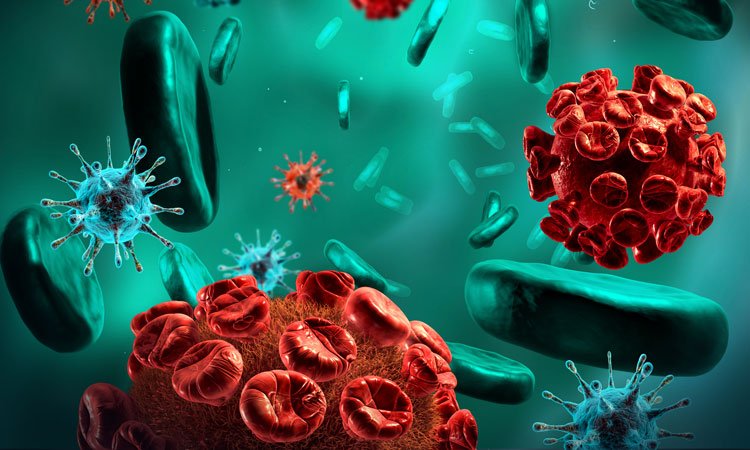New study could lead to better treatments for autoimmune diseases
Posted: 18 December 2019 | Rachael Harper (Drug Target Review) | 1 comment
A study has found a new molecular process in mice that causes autoimmune diseases and has opened avenues for developing more effective autoimmune therapies.


A study has found a new molecular process in mice that triggers T cell-driven inflammation and causes different autoimmune disease. The study, the researchers say, has implications for multiple sclerosis, type 1 diabetes and inflammatory bowel disease, as well as help efforts to find better treatments for autoimmune disease.
The study was conducted by Cincinnati Children’s Hospital Medical Center, US and led by Chandrashekhar Pasare, DVM, PhD, a member of the Division of Immunobiology at Cincinnati Children’s and co-director of the Center for Inflammation and Tolerance.
The immune system protein IL-1b (cytokine interleukin-1 beta) has already been linked with several autoimmune diseases. But until the current study, it was not known how IL-1b is made in the body, especially during autoimmunity.
Previously it was thought that IL-1b production required activation of a group of immune system protein molecules that make up structures called the inflammasomes. However, this recent study found that a different molecular pathway cranks up inflammation during autoimmunity while working completely independent from inflammasomes.


These cell flow cytometry graphs illustrate the physical and chemical characteristics of T cells that help drive autoimmunity in mice. The left graph shows resting effector T cell (featured in black) before auto-immune processes are triggered. The right graph shows changes (in red) once the T cells start to produce a pro-inflammatory protein called TNF (tumour necrosis factor). This begins downstream autoimmune processes linked to several diseases in people (credit: Cincinnati Children’s).
That molecular process was triggered by interactions between myeloid cells and CD4-positive T cells, which become primed to attack harmful bacteria, viruses and other microorganisms.
IL-1b usually works as a stimulator of anti-microbial immunity, but during autoimmune processes, the researchers discovered in their mouse models that autoreactive T cells, macrophage and dendritic cells in the immune system work through two other molecules – TNF (tumour necrosis factor) and FasL (fas ligand) – to produce overabundant amounts of IL-1b.
“This means our findings have two previously unknown implications,” Pasare explained. “We show for the first time that IL-1b can be made in the absence of infection and that T cells are major drivers of IL-1b in an autoimmune setting.”
The study also underscores that therapies targeting IL-1b production by inflammasomes are going to be limited in their effectiveness in treating autoimmune disease as it shows that auto-reactive T cells have their own mechanisms to drive inflammation and work independently of inflammasomes.
Pasare said that targeting the TNF and FasL pathway of IL-1b production is more likely to be an effective way of treating auto-immune diseases in humans.
The study was published in Nature Immunology.
Related topics
Immunology, t-cells, Targets, Therapeutics
Related conditions
autoimmune diseases, Inflammatory bowel disease (IBD), Multiple Sclerosis (MS), type 1 diabetes
Related organisations
Cincinnati Children's Hospital Medical Center
Related people
Chandrashekhar Pasare DVM PhD




Thanks For giving this useful Information.